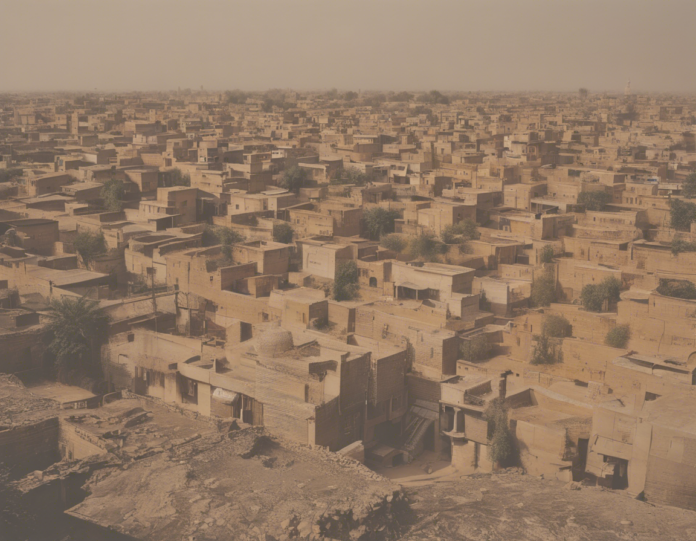Introduction
Khujli, commonly known as itching, is a common skin condition that can be caused by various factors such as dry skin, allergies, insect bites, and certain skin conditions like eczema and psoriasis. While it can be quite bothersome and uncomfortable, there are several home remedies that can help alleviate itching and provide relief.
Understanding the Causes of Khujli
Before exploring home remedies, it’s important to understand the potential reasons behind khujli. Dry skin, insect bites, allergic reactions, skin conditions like eczema and psoriasis, and infections such as ringworm can all cause itching. Identifying the underlying cause can help determine the most effective treatment.
Home Remedies for Khujli Ki Dawa
-
Coconut Oil: Coconut oil is known for its moisturizing properties and can help soothe dry and itchy skin. Apply coconut oil directly to the affected area and gently massage it in.
-
Aloe Vera: Aloe vera has anti-inflammatory and soothing properties that can help relieve itching. Apply fresh aloe vera gel to the itchy area for quick relief.
-
Oatmeal Bath: Oatmeal is known for its skin-soothing properties. Add a cup of finely ground oatmeal to your bathwater and soak in it to alleviate itching.
-
Baking Soda: Baking soda can help reduce itching by balancing pH levels on the skin. Mix baking soda with water to create a paste and apply it to the itchy area.
-
Apple Cider Vinegar: Apple cider vinegar has antibacterial and antifungal properties that can help relieve itching caused by infections. Dilute apple cider vinegar with water and apply it to the affected area.
-
Tea Tree Oil: Tea tree oil has anti-inflammatory and antimicrobial properties that can help soothe itching and reduce inflammation. Dilute tea tree oil with a carrier oil and apply it to the itchy skin.
-
Neem: Neem has been used for centuries for its antifungal and antibacterial properties. Boil neem leaves in water, let it cool, and use it to wash the itchy area.
-
Cold Compress: Applying a cold compress to the itchy area can help numb the skin and reduce itching. Wrap ice cubes in a cloth and apply it to the affected area for quick relief.
Preventing Khujli
Prevention is key when it comes to managing itching. Some tips to prevent khujli include:
- Moisturize regularly to prevent dry skin.
- Avoid scratching to prevent further irritation.
- Use mild soaps and detergents to avoid triggering allergies.
- Keep the skin cool and dry to prevent fungal infections.
- Wear loose, breathable clothing to reduce irritation.
FAQs (Frequently Asked Questions)
1. What are the common causes of khujli?
– Common causes of khujli include dry skin, allergies, insect bites, eczema, psoriasis, and fungal infections.
2. Can stress trigger itching?
– Yes, stress can worsen itching in some individuals as it can weaken the immune system and exacerbate existing skin conditions.
3. When should I see a doctor for itching?
– If the itching is severe, persistent, disrupts your daily activities, or is accompanied by other symptoms like rash or fever, it’s advisable to consult a healthcare professional.
4. Are there any foods that can worsen itching?
– Some people may experience increased itching after consuming certain foods like dairy, gluten, and processed foods. It’s recommended to keep a food diary to identify potential triggers.
5. Can drinking more water help reduce itching?
– Staying hydrated is important for overall skin health, but simply increasing water intake may not directly alleviate itching. It’s best to combine hydration with other remedies for effective relief.
Conclusion
Khujli can be a bothersome skin condition, but with the right home remedies and preventive measures, it can be effectively managed. From using natural ingredients like coconut oil and aloe vera to taking oatmeal baths and applying cold compresses, there are plenty of options available to alleviate itching and provide relief. Remember to identify the underlying cause of khujli and consult a healthcare professional if the itching persists or worsens.




